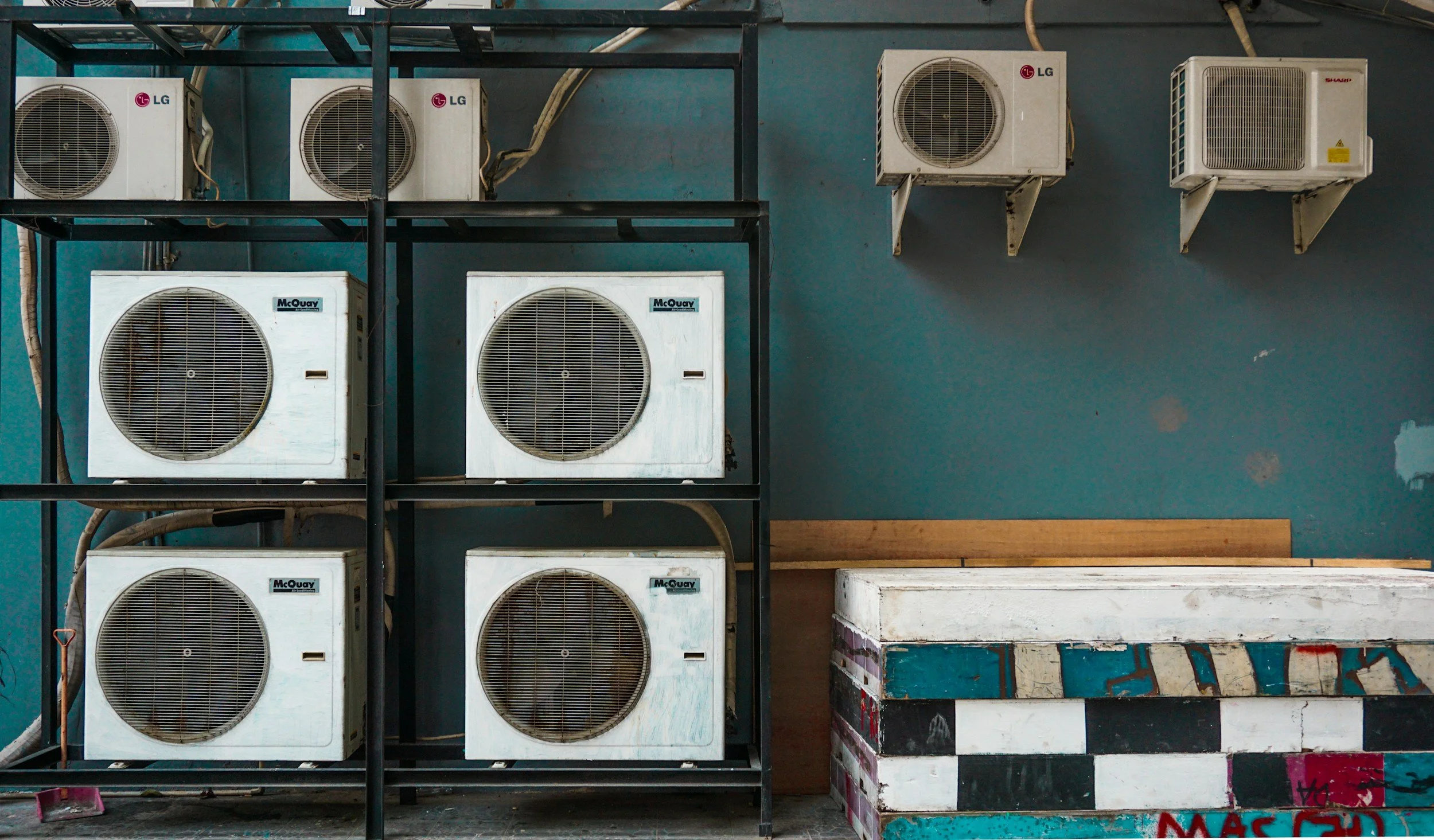How to Diagnose Why Your Aircon Is Not Cold?
By PAGE Editor
Resolving problems with an air conditioning system whose cooling and heating work very hard can be annoying. In these cases, determining the cause of the problem is essential for implementing the most appropriate response efficiently. The aircon may not be cooling adequately because of blocked filters or refrigerant problems. For an expert inspection, you can hire professionals at https://www.airconservicing.org/appointment/.
1. Check the Thermostat Settings
The first step in diagnosing a warm aircon is to check the thermostat settings. "Check the thermostat settings" is a straightforward command. Confirm that your thermostat is set to "cooling" mode. Confirm the temperature is set low enough below room temperature for the system to engage. If you possess a smart thermostat, check if the device operates and pair it with the aircon as required. For professional services, visit at https://www.airconservicing.org/ .
2. Check the Air Filters
The filters are typically one of the most neglected parts of the air conditioning ducts. This negligence to check the filters leads to poor air conditioning unit performance. Air flow restriction due to filters getting blocked or dirty will make your unit unable to cool the air efficiently. In this condition, your air conditioning unit will either blow no air at all or warm air.
What to do:
Before you check the filters, turn off the air conditioning unit.
You can either replace the filter or clean it if it is dirty. A simple and affordable solution can do wonders.
3. Look into the Outdoor Unit (Condenser)
The outdoor unit is as critical as any other component, and if it is not in good shape, heat will not be released effectively from your house. Failing to clean the condenser coils which capture dirt or debris can severely affect the performance of your system. Visually inspect the outdoor unit for any external debris. Remove any obstructions that could restrict airflow.
4. Notice Ice on the Coils
Your air conditioner could also have cooling problems because of ice accumulated on the coils. The coils may freeze owing to limited airflow in the system caused by dirty filters or obstructed ducts. With less heat available to cool the air, the coils will fail to absorb heat and cooling will not be done effectively. In such cases, turn off the aircon and allow the ice to melt.
5. Check the Refrigerant Levels
Maintaining operational potency of the refrigerant is vital, considering its function of absorbing heat and aiding in cooling down the air in an air conditioner. An issue arises because of an inefficient leak or a malfunction which lowers the refrigerant level and consequently turns the whole operation into useless form of cooling. Elimination of low refrigerant levels needs diagnostic skill and professional efforts.
6. Inspect the Air Conditioning Ductwork
If there's a problem with the ductwork of the AC, leakage or blockage of the ducts may be the duct problem. In case the air conditioner is working but not cooling the space properly, inspection of the visible ductwork for damage is necessary. If any gaps or disconnected parts of the duct are seen, they ought to be sealed or repaired.
7. Check for Possible Electrical Problems
Your air conditioner might stop working because of electrical issues like a broken capacitor, a malfunctioning circuit board or a compressor. The system may be operational but not produce adequate cool air if such components are not functioning. It is often said that electrical problems are complicated to resolve without precise information and instruments.
8. Assess the Age and Condition of Your Aircon
Based on the estimated lifespan, air conditioners are expected to hold up to 10 to 15 years of good cooling. The older a system is, the less effective it becomes and shows the need for upgrade and severe repair work.
Don't forget to schedule annual checkups because regular maintenance can help extend the life of your system.
When to Contact a Technician
If you've ticked everything from the list above, but your air conditioner is still blowing hot air that is a sign that you should contact a professional HVAC technician. More advanced problems like refrigerant leaks, electrical issues, or broken compressors must be managed by a trained and qualified professional.
HOW DO YOU FEEL ABOUT FASHION?
COMMENT OR TAKE OUR PAGE READER SURVEY
Featured








Seattle is home to thousands of small businesses, from boutique retail shops and cafes to office spaces and creative studios.